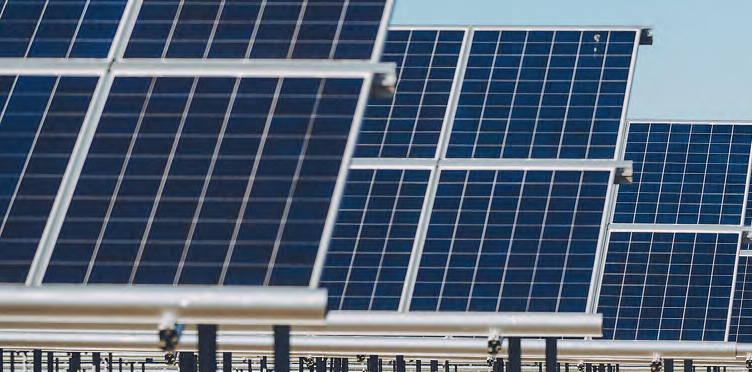Energy
The Critical Push to Reduce Carbon Footprint
Global climate change is a reality. Which is why reducing carbon footprint – for individuals and corporate entities – is crucial. By mitigating CO2 emissions, we are also improving public health, maintaining biodiversity, and ensuring a vibrant society whose energy needs are met. For our generation and generations to come.
Solar Power Generation to Power Up Possibilities
The impact of solar power generation by Bridgestone cannot be underestimated. If we were to look at the collective power of 31.2MWp generated by our solar projects in the region, that is enough power to run around 5116 homes in the U.S. for a year.
Growing Confidence in Solar Power
Bridgestone sees much merit in solar project in countries and we are expanding our operations significantly in this region. In Chonburi, Thailand, for example, our first phase of the solar project generated a total capacity of 1MWp. The second phase, to be completed in 2024, will have an added 4MWp while the plant in Nongkhae – Bridgestone’s largest to date, will have a capacity of 9.9MWp. In Indonesia, 2 upcoming plants in Berkasi and Karawang will generate about 12MWp in the coming years.

Ecology
The Absolute Need for Preservation
Continued extraction of Earth’s limited resources has stark consequences, with resource limitation a looming global threat. We recognise the expediency of the task, and the potential of solar energy. The projected scope of harvesting solar energy is indeed encouraging, and it is a path of preservation we are firmly committed to.
To Be Limitless, and Renewable
We are heavily invested in renewables like solar and are constantly looking into other renewable energy sources. The solar projects we have embarked on bear testimony to our commitment to sustainability. In this regard, we are proud that Bridgestone has maintained high scores for 4 years running in the environmental, social, governance, pollution and resources and supply chain in the global FTSE4Good Index Series.
Recognising Finiteness of Fossil Fuels
The automotive industry, perhaps more than most, is perceived to be one of the biggest exploiters of limited natural resources. At Bridgestone, we practise the converse – believing in a circular economy, looking at clean alternatives such as biomass fuel, hydrogen, ammonia, and of course, solar. Together with car manufacturers, we are bent on optimising renewables to minimise our carbon footprint.
